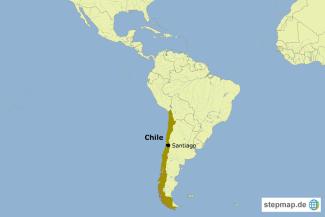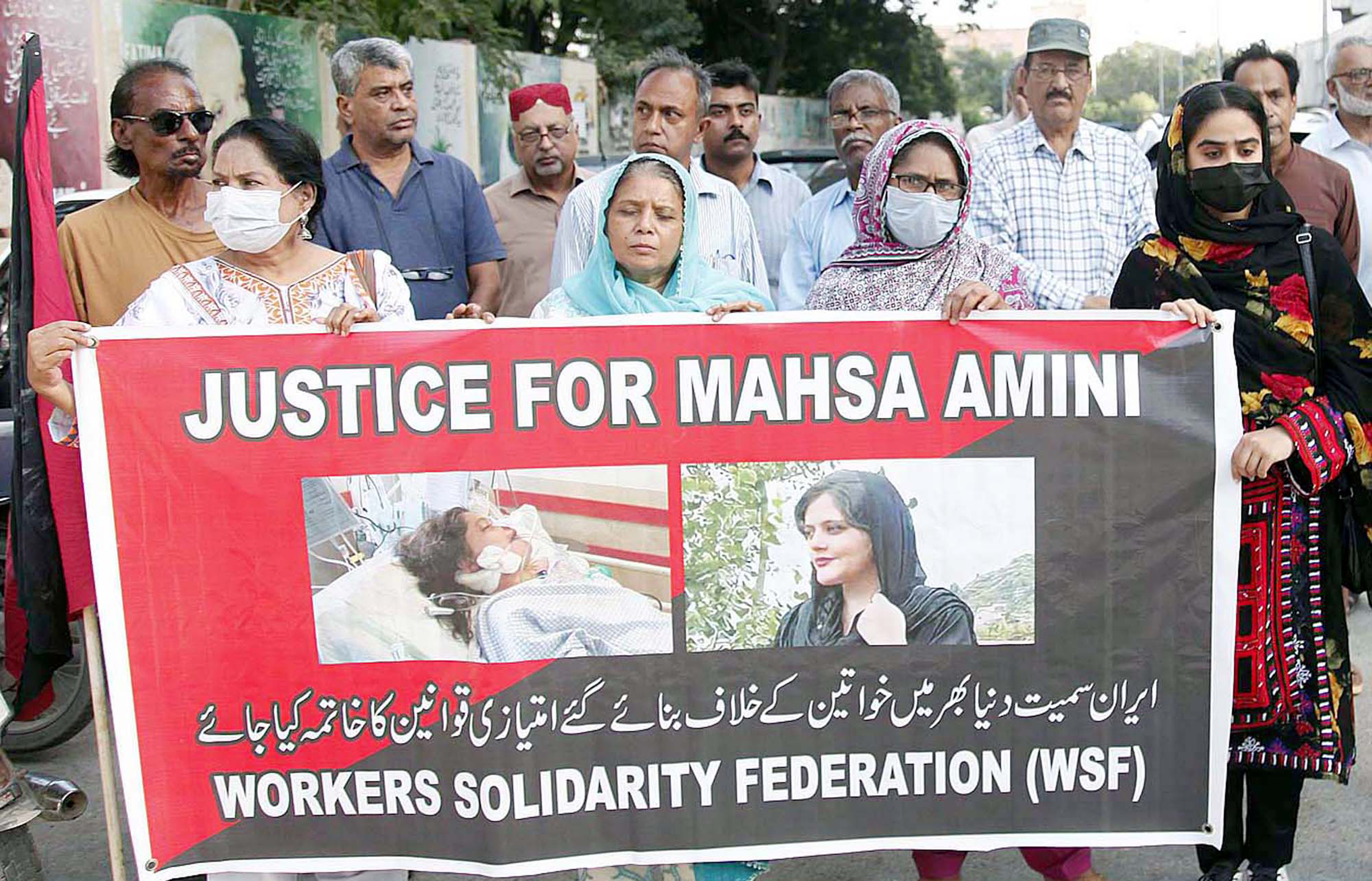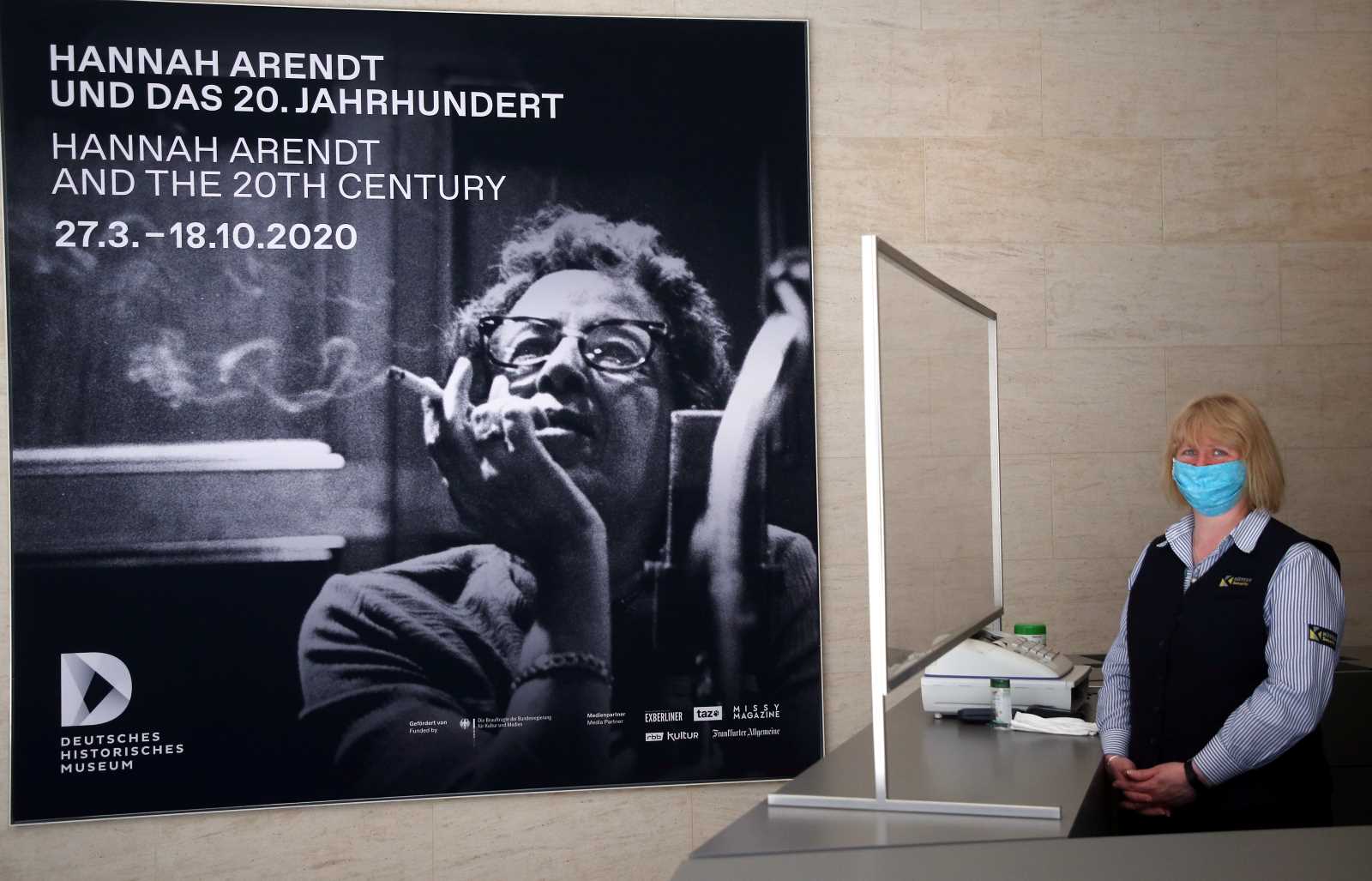Civil unions
Chile opens up to sexual minorities

In the 1950s, for example, President Carlos Ibáñez del Campo passed a law regarding groups which were considered “socially dangerous” and which referred specifically to the homeless, beggars, mentally disturbed persons and homosexuals. This law was only revoked in 1994. And in the penal code, “sodomy” was repealed four years later.
In 2012, however, the Zamudio Antidiscrimination Law was passed. It was named after a gay man who was murdered because of his sexual orientation. Daniel Zamudio, a young man from Santiago had fallen victim to a homophobic attack by four men who tortured and killed him in 2012. A public outcry followed, and Zamudio became a symbol.
The latest project in the long fight for equal rights for homosexuals is gay marriage. The first initiative was started in 2003, and in 2008, a law was drafted with the support of well-known members of parliament. In 2015, the government has finally decided to recognise civil unions of heterosexual as well as homosexual couples.
According to Senator Guido Girardi, Chile has “advanced a lot”. However, there are still no equal rights for homosexuals as a civil union is not the same as marriage. Girardi says: “Irrespective of the sexual orientation, social status or ethnic origin, everybody should have the same rights.” A civil union is not the same as marriage.
The civil-society organisation Fundación Iguales is concerned with the rights of sexual minorities in Chile. Luís Larraín, its president, says that the civil-union law does not cover many relevant points. For instance, children who live with two fathers or two mothers fall into a legal gap. Larraín adds: “There is no right to same-sex marriage, although legally recognised cohabitation is possible. Another open question are transsexual persons – they have no way to choose their gender identity.”
Nonetheless, Larraín appreciates that the new law gives sexual minorities more protection: “It is indeed proof of an enormous cultural change in Chilean society that the state has finally recognised that two people of the same sex can also form a family.” This is even evident in surveys: According to a Cadem opinion poll from November last year, 65 % of the Chileans are in favour of gay marriage rights.
Tomás Parker Cerda is a journalist and political scientist. He lives in Santiago, Chile.
tomasparker14@gmail.com
Link:
Fundación Iguales:
http://www.iguales.cl/











